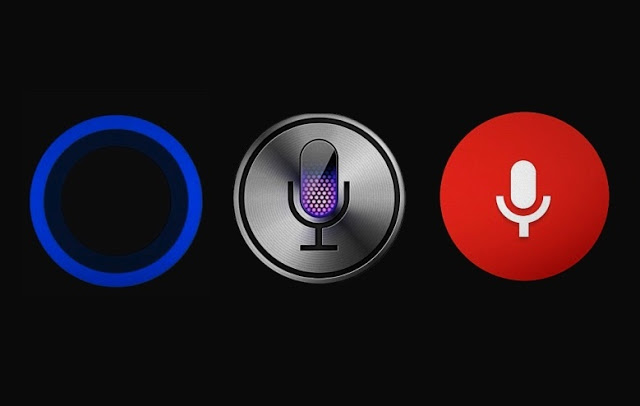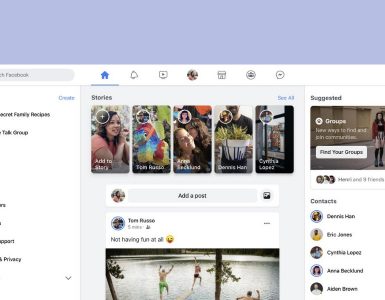A classic example would be that if Google Now knows you have a flight today, it will tell you the travel time to the airport and warn you if the flight’s delayed. Apart from these personalized services, Google Now also has the ability to answer to web searches or map queries and control some of the features of your smartphone.
Next up is Siri. The difference between Google Now and Siri is that the latter will spend most of its time in the background. At least, this was the scenario until now, but with introduction iOS 9, Siri has become more responsive, although the magnitude of changes in it is still unclear. Siri allows the user to find phone number, launch apps, display photos, and send emails. Other basic features like running web searches, setting reminders etc. can be done through Siri. Although Siri is confined to the iOS only as of now, Google Now and Microsoft Cortana are spreading out to other platforms.
Microsoft Cortana is a digital assistant that was described as an amalgamation of the best bits from Google Now and Siri. The advanced personalization of Google Now and the comprehensive voice control of Siri clubbed together to create the best assistant yet. With the release of Windows 10 Cortana has become the most well established personal assistant on desktops and laptops at the moment. All the basic features like web searches, reminders, forecasts, news etc., have been integrated in the app.
Finally, we have the Amazon Alexa. It can be considered as a late runner in the race as it is only available on the Amazon Echo and the new Fire TV. However, Amazon has plans to expand it to other operating systems and Alexa apps will appear on Android and iOS. Alexa is not designed to perform all the actions that Google Now or Siri or Cortana can perform. Alexa is able to perform basic web searches, read audiobooks, check up on weather and order stuff from Amazon. There is no visible interface and everything works through a voice control.






















